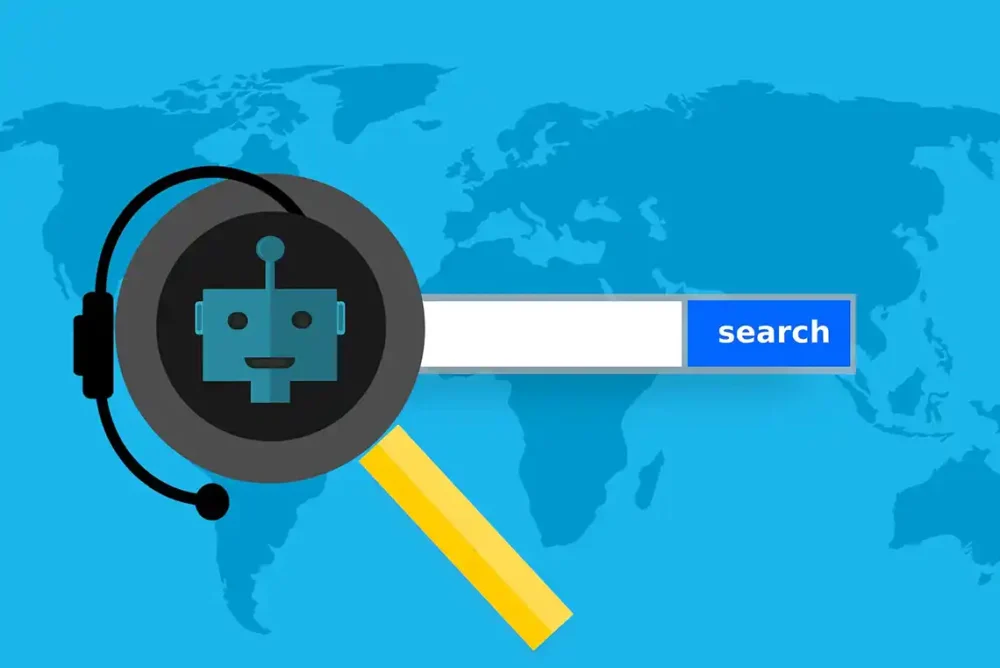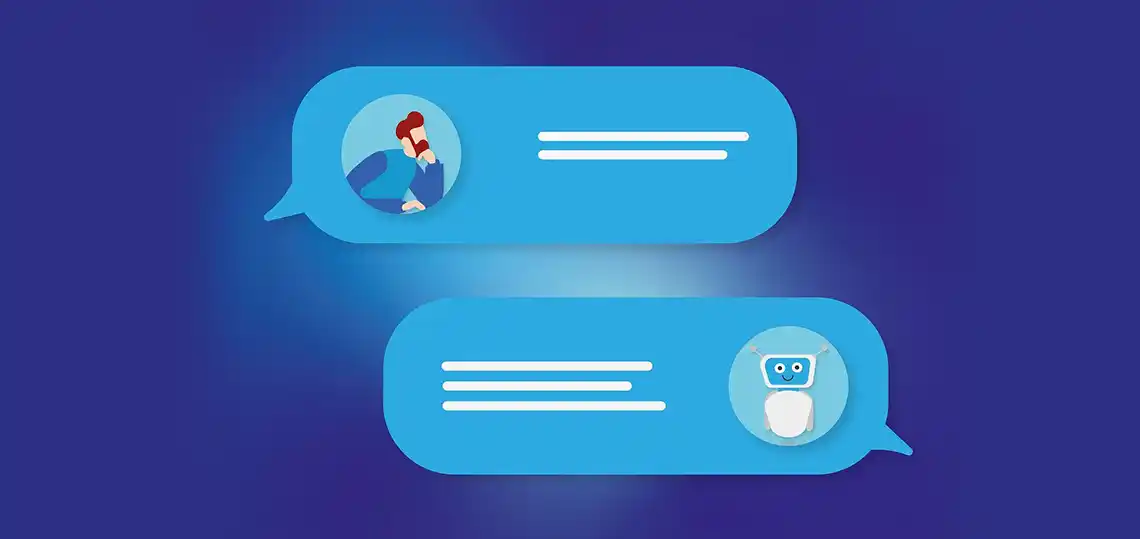
As website owners, some of you may have heard the term “bots” get thrown around when discussing SEO. Quite often, there are references to chatbots assisting customer service, trading bots making financial decisions and search engine bots or “crawlers”, used by Google, et al.
So what exactly is a bot and how does it actually function?
In essence, a bot is a software application designed to automate tasks, often mimicking human behavior. These tasks can be simple, like sending automated replies on social media, or complex, like analyzing vast datasets to make recommendations.
Breakdown of How a Bot Works
Here are some key ways in which a bot works.
Programming
Bots are coded using programming languages, such as Python or JavaScript, depending on their intended task and platform. The code defines the bot’s logic, actions and responses.
Input and Output
Like humans, bots need information to work. This can be input from various sources, such as:
User interactions
This is common in chatbots, where users type in questions or requests.
Data feeds
Financial bots might rely on real-time stock market data, while weather bots use weather forecasts.
APIs
Applications Programming Interfaces allow bots to access information from other software services.
Processing and Logic
The bot’s code analyzes the input and applies its programmed logic to determine the appropriate output. This may involve:
Rule-based systems
The bot follows a set of predefined rules to decide its actions.
Machine learning
Bots can be trained on large datasets to learn patterns and make predictions or decisions based on the input.
Natural Language Processing (NLP)
This allows bots to understand human language and respond in a natural way.
Output and Action
Bots can generate output in various forms:
Textual responses
Chatbots provide answers to user queries.
Automated actions
Trading bots execute trades based on market data.
Data analysis
Analytics bots generate reports based on collected information.
Types of Bots
Chatbots
Used in customer service, information retrieval and even entertainment.
Social media bots
Automate tasks like posting, commenting and following on social platforms.
Trading bots
Carry out trades in financial markets based on predefined rules or algorithms.
Web crawlers
Web crawlers, such as Googlebot, gather information from websites for data analysis, research, or monitoring.
Email bots
Automate email campaigns, manage subscriptions and replies.
Benefits from Bot Usage
Efficiency
Bots can streamline and automate repetitive tasks, saving time while eliminating the need and cost associated with employing human labor.
Scalability
Bots can execute a large volume of tasks simultaneously, making them ideal for traditionally, human labor intensive tasks and those not possible utilizing human labor.
Accuracy
Bots adhere to predefined rules, minimizing errors and inconsistencies.
24/7 Availability
Bots can operate continuously, providing uninterrupted service.
Ethical Considerations
While bots offer many advantages, there are a few possible drawbacks.
Misinformation
Bots can be used to disseminate false information easily and quickly across social media platforms.
Spam and abuse
Malicious bots can flood systems with unwanted messages or engage in fraudulent activities.
Privacy concerns
Bots collecting user data raise concerns about data security and privacy.
The Future of Bots
The outlook on bots is generally an excitedly positive one, given the pace of advancements in AI and NLP. This, in turn, can result in increasingly sophisticated bots.
That said, bots are fast becoming a norm in our daily lives, serving as personal assistants, automating tasks and even engaging in creative endeavors. As bot technology continues to advance, it’s crucial to strike a balance between harnessing their power and mitigating potential risks to ensure their responsible development and use.



